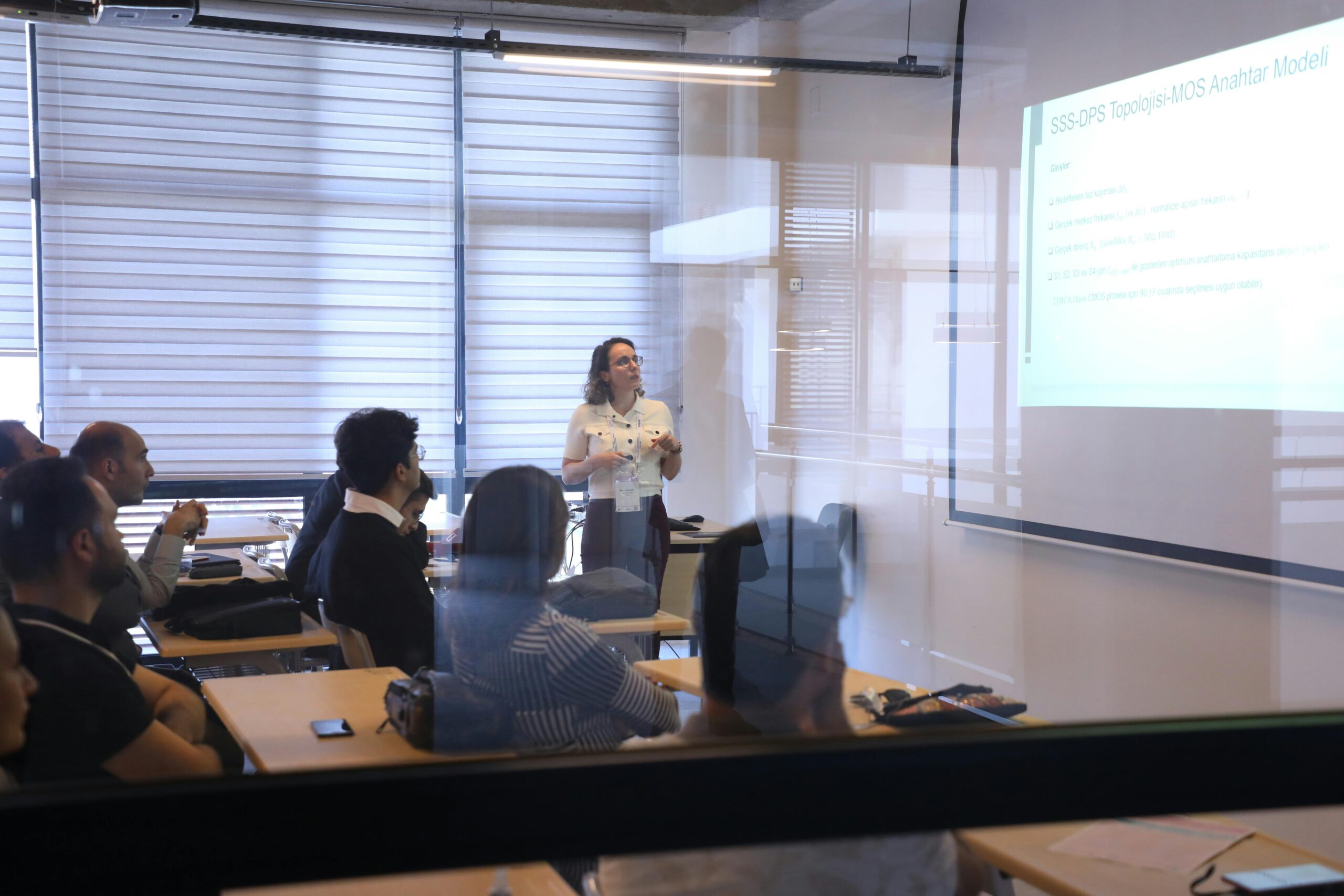Marketing internships are often seen as the bridge between academic theory and professional experience. They provide students with structured opportunities to apply what they’ve learned in lectures, case studies, and textbooks. However, not all internships are the same. While classroom-based internships offer a solid foundation, they can leave aspiring marketers unprepared for the challenges of a fast-paced, data-driven, and consumer-centric industry.
This article will talk about some of the most important lessons and competencies you won’t gain in classroom-based marketing internships. It will also discuss why real-world experience is integral to becoming a top-performing marketing professional.
The Absence of High-Stakes Pressure
In classroom-based settings, failure is a lesson. However, in real-world marketing, failure can mean lost revenue, damaged reputation, or missed opportunities. Academic internships are often built around simulated environments or protected client projects, offering few (if any) high-stakes consequences. Such a safety net limits your ability to experience the real pressure of tight deadlines, aggressive KPIs, and client expectations.
Marketing roles in agencies, startups, and large businesses need quick thinking and flexibility. You’ll be expected to respond to real-time feedback, pivot when data tells a different story, and create measurable outcomes. That intensity is rarely replicated in academic internships.
Limited Exposure to Real Consumer Behavior
Most classroom-based internships rely on hypothetical personas or controlled test markets, which can give a skewed sense of what real consumers want or how they behave. You might analyze target markets based on fictional data or small-scale campus studies, but this doesn’t mirror the complexity of actual consumer behavior.
In the real world, customers are unpredictable. Market sentiment can change overnight due to economic shifts, social trends, or viral moments. Learning how to interpret complex consumer data, run A/B tests with statistically substantial samples, and track shifting demographics requires field experience, not simulations.
Overemphasis on Theory, Underexposure to Execution
Academic environments often prioritize strategic thinking over execution. You might learn how to design a campaign strategy or segment an audience, but not how to implement these methods in platforms like Google Ads, HubSpot, or Meta Business Suite.
Execution is where many new marketers falter. They enter the workforce with strong conceptual frameworks but lack the tactical skills employers expect. Knowing what to do isn’t enough—you also need to know how to do it within the constraints of real platforms, budgets, and timeframes.
No Real Budget Accountability
Classroom-based internships often operate on imaginary or nominal budgets. You might plan a million-dollar campaign on paper without truly understanding how to allocate actual spend, justify ROI, or make trade-offs between cost and impact.
In professional marketing, budget decisions shouldn’t be overlooked. Marketers must optimize spend across multiple channels, track performance against benchmarks, and justify expenditures to stakeholders. Without accountability to a real marketing budget, students miss out on developing financial discipline and strategic decision-making.
Minimal Collaboration With Cross-Functional Teams
Marketing does not operate in a vacuum. Successful campaigns entail collaboration with sales, design, finance, data analytics, and product teams. However, classroom internships are usually siloed, focused only on marketing-centric tasks without much cross-department interaction.
Working in the real world means dealing with office politics, balancing team priorities, and learning how to communicate effectively across different roles and expertise levels. These soft skills are just as important as hard skills and are rarely cultivated in classroom-based settings.
Lack of Exposure to Feedback and Stakeholder Pushback
Academic environments tend to offer more nurturing feedback. Criticism is often constructive and designed to support learning. In contrast, the marketing field can be blunt, fast-moving, and demanding. You’ll encounter stakeholders who don’t like your pitch, clients who reject your creative, or supervisors who question your data analysis.
Learning to defend your ideas, adapt based on tough feedback, and still produce results is a skill that only develops in more rigorous, real-world settings.
Limited Innovation and Risk-Taking
Classroom-based internships prioritize predictable outcomes and measurable learning. That means risk-taking is usually discouraged. There’s a focus on proven methods, adherence to rubrics, and safe strategies. Outside the classroom, innovation is rewarded.
Businesses need fresh ideas, experimental content formats, and out-of-the-box approaches to stay competitive. Without a chance to push creative boundaries or test unconventional strategies, marketing interns may develop a risk-averse mindset that hinders long-term growth.
Technology Training That Lags Behind
Marketing technology evolves quickly. What’s taught in class might not be applicable in the present context by the time you graduate. More often than not, classroom-based internships still rely on outdated software, theoretical tools, or mock interfaces.
By contrast, professional environments use cutting-edge tools—CRM platforms, marketing automation, and real-time analytics dashboards. Gaining proficiency in these tools is critical, and classroom settings rarely provide enough depth or variety.
No Crisis Management Experience
Real-world marketing is unpredictable. Campaigns can go viral for the wrong reasons, competitors can undercut you overnight, and social media backlash can spiral out of control. Classroom internships, however, are carefully controlled. They don’t teach you how to manage brand reputation during a crisis, respond to public criticism, or adapt a strategy mid-campaign.
These crisis management experiences, though stressful, are invaluable in shaping a resilient and strategic marketer who knows how to handle the unexpected.
Over-Reliance on Instructor Guidance
Academic environments may involve clear instructions, mentorship from professors, and ongoing feedback. In contrast, the workplace expects a high degree of initiative.
You’re responsible for your own learning curve and expected to take ownership of your projects with little hand-holding. While mentors exist in professional settings, they have limited time and expect you to self-direct, research solutions, and contribute meaningfully from day one.
Real-world internships quickly show whether you can stand on your own.
Exposure to Only One Brand Voice
Many classroom-based internships focus on internal school initiatives or hypothetical brands. You may only write or design for a single voice or purpose, limiting your ability to adapt across different industries, tones, or client personalities.
Agencies, startups, and marketing firms work with various brands. Depending on the client or campaign, you’ll be expected to shift tone, style, and messaging. This form of flexibility is rarely practiced in controlled, classroom-bound environments.
Data Without Consequences
While you might analyze data in school, the stakes are usually low. You’re not expected to make decisions based on your insights—just interpret them. In the real world, however, marketers rely heavily on data to shape campaign direction, optimize spend, and report success to leadership.
Misinterpreting data or ignoring KPIs in a professional setting has real consequences. Learning to build dashboards, track conversions, and respond to metrics in real time is necessary, and these skills are often absent in classroom internships.
No Exposure to Legal and Compliance Issues
Marketing isn’t just about creativity; legal and ethical regulations also bind it. Compliance with data privacy laws (like GDPR), copyright rules, advertising standards, and disclosure requirements is non-negotiable in the marketing industry.
These considerations are often glossed over in academic projects. Yet, understanding the legal landscape of marketing is critical to avoiding costly mistakes and protecting brand integrity.
Absence of True Career Networking
Classroom-based internships might connect you to mentors, professors, or a few local partners, but they rarely expand your professional network in meaningful ways. You’re often surrounded by peers in the same learning and development phase.
Real-world internships, especially those in corporate or agency settings, expose you to decision-makers, industry veterans, and mentors who can open doors to future opportunities. Professional relationships and reputation-building start early; the classroom can’t replicate that.
Main Takeaway
The most valuable lessons come from tight budgets, conflicting feedback, data-driven pivots, and unpredictable customer behavior. While classroom-based marketing internships serve a purpose, they should be viewed as a stepping stone, not the final destination. The classroom may teach you the rules, but the real world teaches you how to win.
Let’s Bridge the Gap
Accelerate X has entry-level internships that immerse you in real-world marketing environments. You’ll work on live campaigns, manage real budgets, and collaborate with seasoned professionals across departments. This includes gaining hands-on experience, interacting with customers, and learning how to adapt when things are unplanned.
Apply now to start building a career that can take you further, faster.

